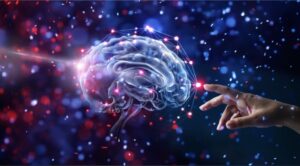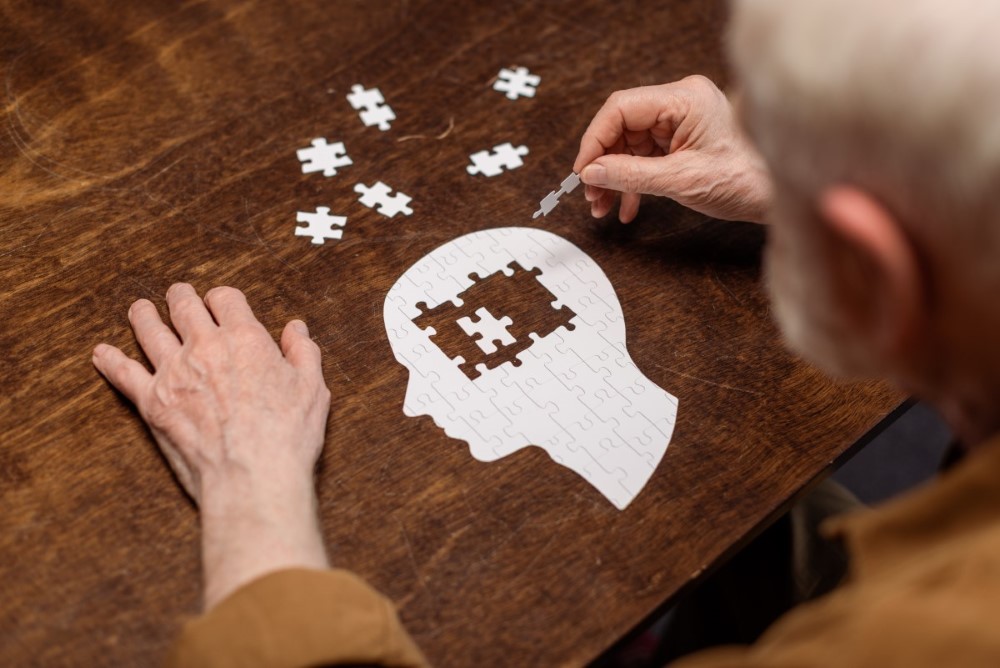In recent years, you might have noticed a surge in interest surrounding the use of psychedelics in therapy. This trend isn’t just a cultural shift but a significant pivot in addiction treatment research. Psychedelics, long regarded as recreational drugs with potential risks, are now being re-evaluated for their therapeutic potential, particularly in treating addiction.
Understanding Psychedelics: Beyond the Stigma
Psychedelics such as LSD, psilocybin (found in magic mushrooms), and MDMA are known for altering perception, mood, and various cognitive processes. They’ve been stigmatized due to their association with the counterculture movements of the 1960s, but recent studies are shedding new light. These substances are being investigated for their ability to facilitate profound, meaningful experiences that could be pivotal in breaking the chains of addiction.
Potential Benefits: A New Hope
The potential benefits of psychedelics in treating addiction are substantial. Research suggests that psychedelics can:
- Reset the Brain’s Reward System: These substances may alter neural circuits involved in addiction, offering a ‘reset’ button for the brain.
- Enhance Psychological Insight: Psychedelics could promote a deeper understanding of personal issues and traumas that may underlie addiction.
- Reduce Withdrawal Symptoms and Cravings: Early studies indicate a potential for psychedelics to ease withdrawal symptoms and reduce cravings, a major hurdle in addiction recovery.
Risks and Concerns: A Balanced View
Despite the promising benefits, the risks associated with psychedelic therapy can’t be ignored:
- Psychological Distress: Psychedelics can provoke anxiety, paranoia, and even psychotic episodes, especially in individuals with a history of mental illness.
- Unregulated Use: Self-medication and unregulated use can lead to negative experiences and outcomes, emphasizing the need for controlled, therapeutic environments.
- Legal and Ethical Concerns: The legal status of these substances remains a significant barrier, and there are ethical concerns about administering mind-altering drugs in a therapeutic context.
The Controversial Debate: A Global Perspective
Globally, there’s a contentious debate around the legalization and therapeutic use of psychedelics. Proponents argue for their transformative potential, while critics warn against hastily embracing these substances without thorough, long-term studies. The discussion extends beyond medical and scientific circles, touching on social, legal, and ethical realms.
A Future in Balance: Toward Informed Choices
As we venture into this new territory, it’s crucial for you to be informed and cautious. While the promise of psychedelics in treating addiction is undeniable, it’s a field still in its infancy, with many unknowns. Balancing optimism with a critical eye is key to navigating this evolving landscape.
Exploring the Therapeutic Potential of Psychedelics
Unlocking Long-Term Changes in Brain Function
Recent findings in the realm of psychedelic research have opened exciting possibilities. Psychedelics have been found to potentially induce long-lasting changes in various brain functions, crucial in addressing mental health conditions. This capability to remodel brain connections, as highlighted in studies as recent as June 2023, suggests significant therapeutic potential. However, the scientific community emphasizes the need for more research to fully understand these mechanisms.
Psychedelics in Therapy: A Guided Approach
In therapeutic settings, psychedelics are not just administered haphazardly. Psycholytic therapy, a method gaining traction, involves administering low-to-medium doses of psychedelic drugs at regular intervals, often every one to two weeks. During these sessions, a therapist is present, especially at the peak of the psychedelic experience. This presence is vital as it helps patients process the material that surfaces during the experience and provides essential support.
A Spectrum of Therapeutic Psychedelics
While psilocybin and MDMA have been at the forefront of recent discussions due to their potential therapeutic applications, they are not the only psychedelics under investigation. LSD, DMT, ayahuasca, ibogaine, and mescaline are also being studied, though to a lesser extent. Each of these substances offers a unique profile of effects and potential therapeutic applications, contributing to a diverse and rich field of study.
Potential for Aging Populations
One particularly intriguing area of psychedelic research is its application in treating conditions prevalent in older adults. Mood disorders, PTSD, substance use disorders, and even challenges associated with dementia and the distress of serious illness are all areas where psychedelics have shown promise. This aspect of psychedelic medicine could revolutionize how we approach some of the most challenging aspects of aging and mental health.
The Growing Interest in Psychedelics for Addiction Treatment
Broadening Application of Psychedelics in Behavioral Health
Psychedelics, including ketamine, LSD, MDMA, and psilocybin, are increasingly being utilized to treat various behavioral health conditions such as PTSD, alcohol use disorder (AUD), and depression. This expansion in their application marks a significant shift in the perception and usage of these substances in the medical field.
Legalization Movements
In a landmark move, Oregon became the first state in 2020 to legalize the personal use of psilocybin for individuals aged 21 and over, under regulated conditions. This reflects a growing trend towards the acceptance and legalization of psychedelics, potentially paving the way for broader therapeutic use.
Regulation and Approval of Psychedelics
Despite most psychedelics being classified as Schedule 1 drugs (intended for research only), there are exceptions like ketamine (a Schedule 3 drug). The FDA approved Spravato, a nasal esketamine spray, in 2019 for treatment-resistant depression, indicating a gradual regulatory shift towards accepting certain psychedelics for clinical use.
Significant Support for Legalizing Psychedelic Therapy
A national poll shows that 61% of American voters support legalizing regulated therapeutic access to psychedelics, with 35% expressing strong support. Additionally, 78% advocate for making psychedelic research more accessible, and 49% favor decriminalizing personal use and possession.
Psychedelic-Assisted Treatment Efficacy
In a Phase 3 study of MDMA by MAPS, 88% of participants with severe PTSD reported significant symptom reduction, compared to 60% in the placebo group. This highlights the potential efficacy of psychedelics in treating certain mental health conditions.
Diverse Clinical Trials Involving MDMA
Since 2009, about 80 clinical trials involving MDMA have been conducted or are ongoing. These studies explore MDMA’s use in disorders like anxiety, depression, obsessive-compulsive disorder, SUD, and PTSD, indicating its potential across multiple mental health conditions.
While this information provides a comprehensive overview of the current landscape and potential of psychedelic therapy in treating addiction and other mental health conditions, further research and clinical data are necessary to fully understand the risks and benefits.
Psychedelics, once relegated to the fringes of medical research, are now at the forefront of a potential revolution in treating addiction and various mental health conditions. With substances like ketamine, LSD, MDMA, and psilocybin showing promise in treating PTSD, AUD, and depression, the medical community is witnessing a paradigm shift. However, this comes with its own set of challenges, including the need for more research to understand their long-term effects and the ethical and legal complexities involved. The growing public support for legalizing psychedelic therapy reflects a societal shift, while clinical trials demonstrate their potential

